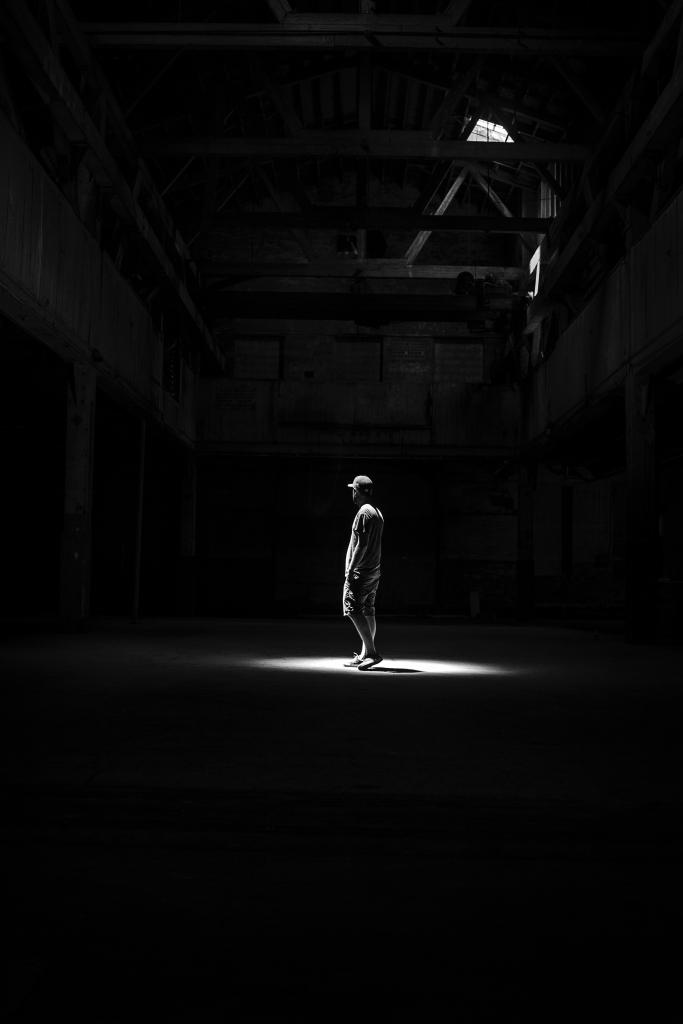A college in Boston is working overtime to make sure every student feels comfortable. The Simmons College guide is intended “to provide general information about anti-oppression, diversity, and inclusion.”
I was hoping that it would be a helpful document that would encourage students to exchange information, engage in dialogue, and respect all faiths. Unfortunately, for the sake of diversity, it singles out Christians as “oppressive” and “fragile.”
Interesting, for being a document about diversity, no other faith groups are mentioned expect Islam and Christianity. So, it’s less than comprehensive.
It lists a number of Islamic Microaggressions, which are based on “oppressive systems of religious/Christian hierarchy” and include “Microinvalidations, Microinsulsts, Microassaults.” The list of aggressions include:
- Endorsing Religious Stereotypes: statements or behaviors that communicate false, presumptuous, or incorrect perceptions of certain religious groups
- Exoticization: instances where people view other religions as trendy or foreign
- Pathology of Different Religious Groups: Statements and behaviors in which individuals equate certain religious practices or traditions as being abnormal, sinful, or deviant
- Assumption of One’s Own Religious Identity as the Norm: Comments or behaviors that convey people’s presumption that their religion is the standard and behaves accordingly
- Assumption of Religious Homogeneity: Statements in which individuals assume that every believer of a religion practices the same customs or has the same beliefs as the entire group
- Denial of Religious Prejudice: Incidents in which individuals claim that they are not religiously biased, even if their words or behaviors may indicate otherwise
With some variation in language, I can see the benefit of avoiding these “aggressions.” In this Mars Hill of various thoughts, beliefs and backgrounds, a civil society should expect this.
But then the guide seems to turn on Christians, using the same aggressive language that it previously denounced.
 Photo by Giulia Bertelli on Unsplash
Photo by Giulia Bertelli on Unsplash
Christian Fragility – “Look How Sensitive You Are”
There is not a single sentence about the current attack from the media, courts, politics and society on Christian thoughts, beliefs and history. Instead, the document implies we are simply “Fragile.”
“Religious or Christian fragility is a state in which even a minimum amount of religious stress becomes intolerable, triggering a range of defensive moves. These moves include the outward display of emotions such as anger, fear, and guilt, and behaviors such as tears, argumentation, silence, and leaving the stress-inducing situation. These behaviors, in turn, function to reinstate Christian or dominant religious equilibrium.”
And instead of defending the Christian minorities on this campus, the document essentially blames our lack of coping skills.
“Christians come to expect social comfort and a sense of belonging and superiority. When this comfort is disrupted, Christians are often at a loss because they have not had to build skills for constructive engagement with difference. They may become defensive, positioning themselves as victims of anti-Islamomisic work and co-opting the rhetoric of violence to describe their experiences of being challenged on religious privilege.”
This is Us
Now this is one document in one school. And I have spoken out often against “broad brush” statements. There are those who have commented here often about terrible Christians. I agree, we have a few. But they are not representative of the hundreds of millions who live out their faith with honor.
I also refuse to broad brush atheists or Muslims or skeptics. In the same way, I’m not going to put every institution in the same bucket.
But it is amazing how this document put in such stark terms the current state we are in.
This is Us.
Jesus said it would get to this point
But we shouldn’t be surprised. We’ve been fairly warned that it would get to this, that the world would be upside down.
John said this, “Do not be surprised, my brothers and sisters, if the world hates you.”
And don’t forget what Jesus said, “If the world hates you, understand that it hated Me first.” And “You will be hated by everyone on account of My name, but the one who perseveres to the end will be saved.” And “Blessed are you when men revile you and persecute you and take every manner of evil against you.”
But we are not fragile
The reason the world doesn’t understand us is because it doesn’t understand Him.
The last thing we are is fragile. We’ve been singled out, minimized and mocked for thousands of years. Our scriptures have been reviled, our leaders spat upon, our brothers and sisters martyred.
I’ve sat across the table from families terrorized by ISIS, their priests murdered, they homes plundered, their children threatened. All they had to do was turn from their faith, but they could not. They would not. They stood tall. “Jesus died for me, how can I turn against him.”
Through 2,000 years now, we stand with them. Our numbers grow. Our faith deepens. Our resolve strengthens.
We don’t need a Boston College to get our story straight or to protect our rights. We don’t need the laws of the land to protect us. We don’t need Facebook to protect our posts.
We don’t need to be popular. We don’t need to be protected. We don’t need to be propped up.
On Christ the Solid Rock we stand. All other ground is sinking sand.

















